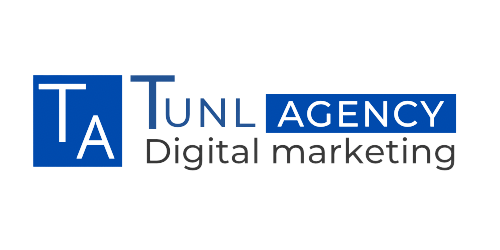Search engine optimization (SEO) is the process of improving and optimizing your ability to rank within Google’s search engine results pages (SERPs). An SEO campaign is a series of actions that you take to help optimize your current and future rank positions.
Since SEO results can take time, an SEO campaign usually requires a six-month commitment. Throughout the campaign, you can track the progress and overall success with the metrics discussed in this review.
The Best SEO Metrics for Your SEO Campaign
Every SEO campaign should be customized according to your specific goals. However, in general, the best SEO metrics to track throughout an SEO campaign are organic traffic, domain authority (DA), conversion rate, site speed, site score, backlink profile, individual page rankings, and content production.

1. Organic Traffic
Organic traffic refers to website visitors that come organically through search engines such as Google and Bing. This means they searched for a specific term and found your website on the search engine results page (SERP).
Organic traffic does not include paid traffic but rather only encompasses visitors that come from results you have obtained through your SEO and content marketing efforts. This should be a key focus of your SEO campaign as it gives a direct indication of how well your SEO efforts are working overall. In fact, the primary focus of your campaign should be to increase overall traffic through organic search results.
2. Domain Authority
Domain Authority (DA) measures how successful your website (or webpage) is likely to perform in Google’s search engine. The scores were developed by Moz, an SEO software development company. These scores are accurate, and they give a clear indication of how well Google respects your website.
3. Conversion Rate
Conversion rate refers to the number of conversions divided by the total number of website visitors. Increased traffic is great, but it does not mean as much if you are not seeing more conversions as well. You can track your conversion rate over time on Google Analytics.
Note: Of course, if you simply desire more traffic and are not selling a product or service, then this metric may not be as applicable for your SEO campaign.
4. Site Speed
A slow loading site can hinder your ability to rank within Google search engines. Studies suggest that site speed plays a direct role in ranking. You can measure your site speed with Google’s PageSpeed Insights.
Improving your website speed may include optimizing image sizes, filtering out unnecessary page content, technical SEO improvements, and upgrading to a more reputable hosting provider, among other possible site speed improvement tasks.
5. Your Site Score
We recommend using an SEO software platform to help manage your SEO campaign. (Unless you work directly with an SEO agency.) Our recommendation is SEMRush, although there are other platforms to consider, such as Ahrefs, Moz Pro, and UberSuggest.
All of these software platforms have a website score, which takes into account the overall health of your website based on technical SEO aspects, internal linking, site speed, etc. By fixing the stated errors or warnings the platform provides, you should see your site score, and subsequently your ability to rank well in search engines, improve.

6. Backlink Profile Insights
Before you begin your SEO campaign, you should conduct a thorough backlink analysis. This analysis should include an evaluation of your total number of links, the number of unique domains, the rate of new incoming links, and link quality. Your SEO campaign should involve eliminating spam links and accumulating a list of industry-relevant backlinks, preferably from established websites with a high domain authority score.
7. Individual Page Rankings
Of course, the ultimate goal of an SEO campaign is to optimize your ranking positions within search engines (primarily Google). To track your progress throughout your SEO campaign, you should start by examining your rankings with existing pages.
This should first involve assessing the most important keywords (as well as your ability to rank for them). You should see your page rankings improve throughout the duration of your SEO campaign, in addition to ranking well for new content that is published during the campaign.
8. Content Production
Every SEO campaign should include content marketing. This most commonly includes blog posts and optimizing services pages on your website. However, it can also benefit you to produce guest posts for other websites in exchange for healthy, do-follow backlinks. Content is referred to as the “currency of the internet,” and the more quality content you are able to publish the better.
Get Your SEO Campaign Started With Tunl Agency
Tunl Agency offers SEO services for businesses within the hospitality and tourism industries. To learn more about how a professional SEO campaign can increase your online presence and overall website traffic, schedule a consultation today.

